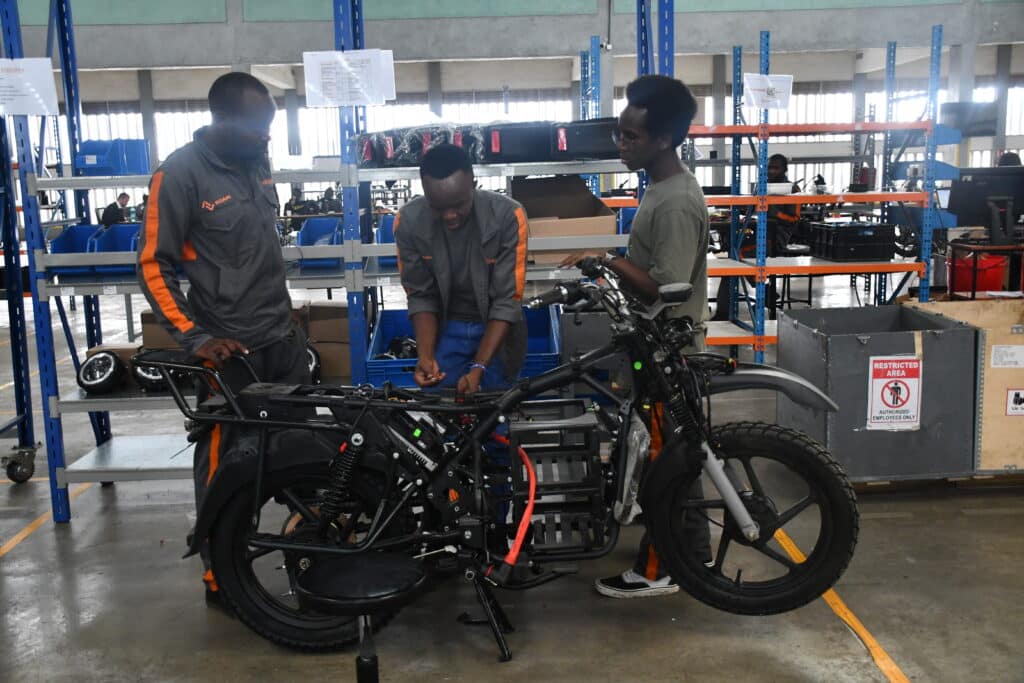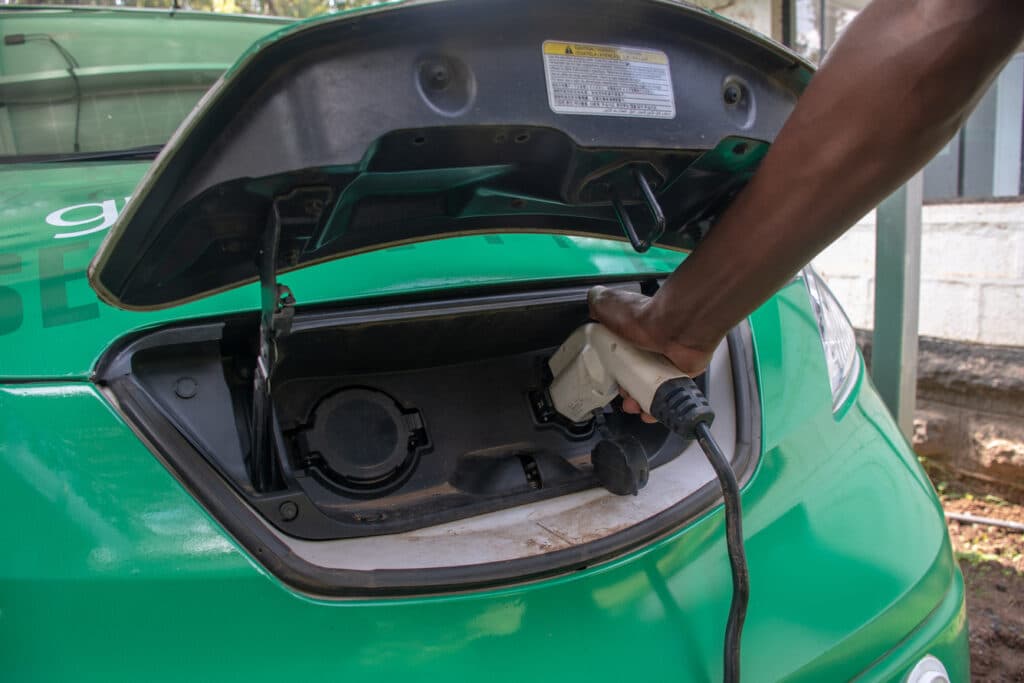
As the world strives to reduce emissions and embrace sustainable transport systems, vehicle efficiency has increasingly come into focus. From electrification strategies to regulatory frameworks, countries are adopting different approaches to tackle climate change while ensuring economic and social benefits.
Efforts to improve vehicle efficiency focus on reducing greenhouse gas emissions, enhancing fuel economy, and transitioning to zero-emission technologies. These policies often include a mix of regulatory standards, consumer incentives, and behavioral changes to support the adoption of cleaner vehicles.
Chile and Colombia offer valuable examples of how nations are navigating this transition. Chile has set a clear roadmap to improve fuel economy and achieve carbon neutrality by 2050, with fuel economy standards for light and heavy-duty vehicles. The process began with gathering data, collaborating with international partners, and defining rules for energy efficiency. Colombia, meanwhile, has been advancing its own standards since 2016. The country has worked with organisations like the United Nations Environment Programme and GIZ to improve data accuracy, leveraging national sales and energy consumption metrics. Both nations highlight the importance of transparency, stakeholder engagement, and phased implementation to balance ambitious goals with market readiness.
France’s electrification strategy is another notable example. The country is prioritising the production of electric vehicles (EVs), offering financial incentives to encourage adoption, and investing heavily in charging infrastructure. By 2030, France aims to produce two million EVs annually, aligning its industrial policy with environmental objectives. Incentives such as bonuses for EV purchases and scrapping premiums for polluting cars are central to this transition.
In Kenya, e-mobility efforts demonstrate how developing nations can lead in innovation. Kenya’s abundant renewable energy resources, accounting for 90% of its electricity supply, enable the country to reduce reliance on fuel imports. The electrification of two-wheelers has created job opportunities while addressing carbon emissions, positioning Kenya as a regional leader in sustainable transportation.

© GIZ Kenya
Morocco, with over 30% of its energy consumption attributed to transportation, is working to reduce its dependency on imported fuels by implementing energy efficiency standards and promoting the import of cleaner vehicles. Collaboration with international partners and a focus on public acceptance have been key to overcoming challenges.
A common thread among these nations is the critical role of accurate data in shaping and enforcing policies. For instance, Colombia has strengthened its energy certification systems and improved collaboration with the private sector to ensure that vehicle energy consumption data accurately reflects national realities. Similarly, Chile has leveraged its testing infrastructure to ensure compliance with international standards, underscoring the importance of transparency in policymaking.
Incentive programs like France’s “bonus-malus” system and Mauritius’s feedback-based tax model highlight the potential to influence consumer behavior. However, these systems require careful planning to ensure they are financially sustainable, particularly in resource-constrained countries.
Regional collaboration is important as well. Sub-regions with similar vehicle import patterns can harmonize standards, as seen in parts of Africa, where coordinated policies have improved fuel quality and emissions standards. This approach not only enhances market cohesion but also facilitates the rapid adoption of sustainable technologies.
Despite progress, challenges remain. The high cost of EVs, infrastructure gaps, and the need for public education are hurdles that countries must address. However, by sharing best practices and fostering collaboration, nations can drive the transformation needed for making mobility systems more sustainable.
The journey toward vehicle efficiency is not just about reducing emissions; it is a comprehensive effort to build resilient economies, improve public health, and achieve climate goals. With continued innovation and cooperation, the future of transportation can be both sustainable and inclusive.
This analysis is based on the discussions held during a online event of the Transport and Climate Change Week organized by the GIZ IMPROVE project that is funded by the German Federal Ministry of the Environment. The event brought together policymakers and experts such as Marcelo Padilla from Chile’s Ministry of Energy, Arnaud Koehl from France’s Ministry of Ecological Transition, Karim Ben Amara from the Moroccan Ministry of Transport, Carlos Andrés Álvarez from the Energy Ministry of Colombia and Jane Akumu from UNEP. It was co-hosted by Francisco Posada from the International Council on Clean Transportation and formed part of a webinar series co-organized with the UN Environment Programme.
The webinar is available on YouTube: Tuesday | Put Less In, Get More Miles Out: Regulating Vehicle Efficiency to Reduce CO2 Em. – YouTube
 ©Verena Knöll, Rethinking Transport Lab on E-Mobility
©Verena Knöll, Rethinking Transport Lab on E-Mobility

Nadja Taeger
nadja.taeger@giz.de
Visit profile